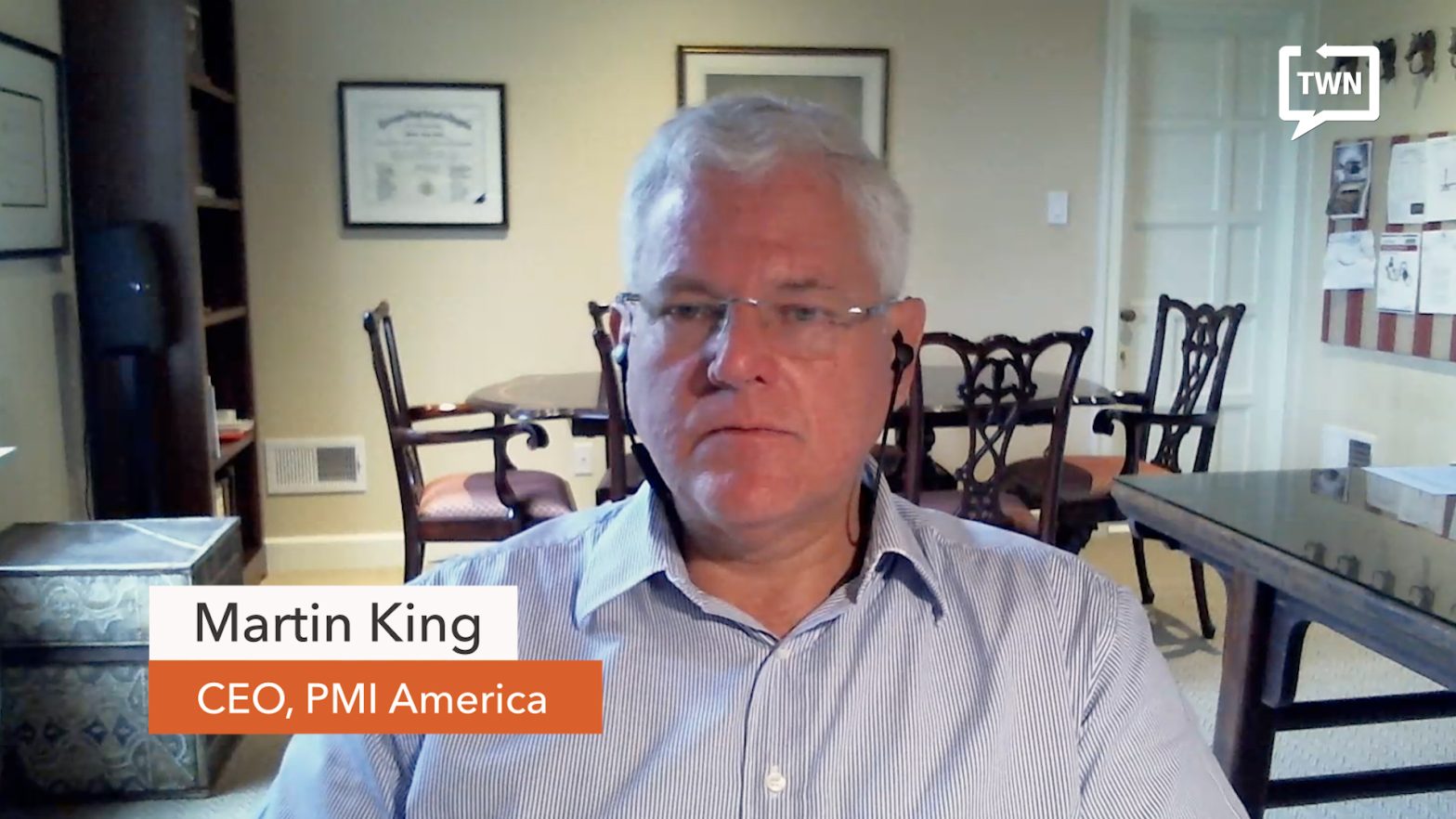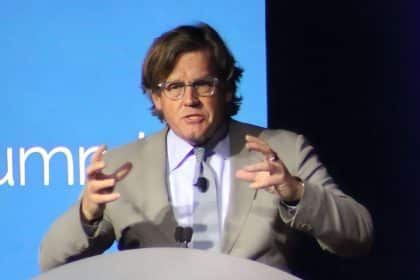PMI: Reinventing Itself, Reinventing an Industry
PARTNER CONTENT

The biggest cigarette company in the world is on a path to stop selling cigarettes internationally.
How? They call it a smoke-free future and already 14 million people around the world have stopped smoking and switched to one of the company’s smoke-free alternatives, which are available in 66 countries. By the end of 2025, they will be in more than 100.
In addition to being better alternatives for adults who would otherwise continue to smoke, smoke-free products put Philip Morris International (PMI) on course for a more sustainable future than if it had stayed the course and toughed out the headwinds buffeting the traditional cigarette market. Already, these products make up more than a quarter of the company’s net revenues and its ambition is to increase its net revenues from smoke-free products to more than 50% by 2025.
Recently, The Well News caught up with Martin King, CEO of PMI America, to talk about the company’s new direction.
Q: Will cigarettes completely go away internationally? Was your relationship with regulators on these new products more collaborative than in the past?
Attempts to enact prohibitionist policies have never had their intended results, yet some continue to push banning products that are scientifically proven to be better alternatives than cigarettes. With its new line of smoke-free products, Philip Morris International is striving to provide smokers with better choices in the markets in which it operates. But this work cannot happen in a vacuum, the company’s Martin King says, it’s going to take the help of regulators and the greater society, to make PMI’s vision a reality.
Q: What does a smoke-free future mean for PMI? What is a smoke-free product?
The basic problem with smoking and the main cause of diseases associated with it, stems from the burning of tobacco. In other words, the root cause of concern over cigarette smoking is the act of combustion in the product itself.
But getting past that and developing a model that reduces the exposure of harmful chemicals to smokers wasn’t easy.
PMI will be the first to say that smokers want “taste and satisfaction” and also respond to the simple ritual of smoking.
To move beyond the cigarette, PMI had to score on numerous fronts. And to get there took years and the expenditure of more than eight billion dollars.
As Martin King, PMI America’s CEO observed, a number of companies, including PMI, had tried in the past to develop alternatives that smokers found to be acceptable substitutes, but those fell flat because smokers had a difficult time embracing them. The goal then, was to make a product that the vast number of adult smokers who would otherwise continue to smoke could embrace, one backed by science as a better choice than sticking with cigarettes, but give them an experience that meets their expectations.
Q: What are the challenges with tobacco products? Where are heat-not-burn products performing well? What’s next at PMI?
The first market PMI’s IQOS took off in was Japan, where it was introduced in 2014.
The rollout started in Nagoya, and the plan was simply for the electrically heated tobacco system to be rolled out slowly over the course of 2015.
The plan was fine. What was unanticipated was just how popular a smoke-free alternative would be. By 2016, PMI was having trouble supplying the market.
“We just couldn’t keep up,” Martin King said. “We sold every device we put out there … it was just a runaway success.”
Since then, PMI has rolled the IQOS out in more than 60 markets and continues to add additional markets every quarter of every year.
Last year, the company sold roughly 76 billion of the tobacco sticks used in its electrically heated tobacco system, and PMI estimates that about 19 million people around the world are using its lead smoke-free product, while about 14 million people had fully switched to it and stopped smoking.
Already, PMI believes that roughly 50% of its revenues could come from noncombustible products by 2025.
Q: What do you need from the public health community?
Similar to regulators and the public health community, PMI sees traditional cigarettes as a shared societal problem.
“And the only way to address it is with all the means at hand,” Martin King said.
Somewhat surprisingly, he straightforwardly advocates for the products to be regulated.
“The bottom line is, they do have nicotine in them, they are still addictive, and we want to make sure that young people aren’t drawn to them,” he said.
King said what he most wants from regulators globally is for them to create independent scientific frameworks that thoroughly review alternatives to smoking.
In addition to confirming the efficacy of the product, such a framework would also underscore responsible development and marketing of such products.
“That was the importance of the premarket evaluation completed by the FDA two years ago,” King said. “And last year, we were also able to get a ‘modified risk tobacco product’ designation, which is another rung up the ladder.”
Both authorizations demonstrate PMI’s development of an electrically heated tobacco system is consistent with the protection of public health.
But that said, King said the company also needs the public health community to come along.
“Some big segments of the public health community are still very much focused on cessation as the only path and are very suspicious of new products,” he said. “They’re concerned about the fact that they’re still addictive, and we understand that, but we need these other parts of the public health community to begin to accept the science and look at the science and follow the science and … you know, play a more positive role in giving smokers the real truth about what these products can and can’t do.
“Rather than demonizing them and treating them as though they’re just as bad as smoking …. Because they’re not, and it’s absolutely a disservice to smokers to portray these products as something that’s similar to smoking combustible cigarettes,” King said.
This article was produced in partnership with and paid for by Philip Morris International.























